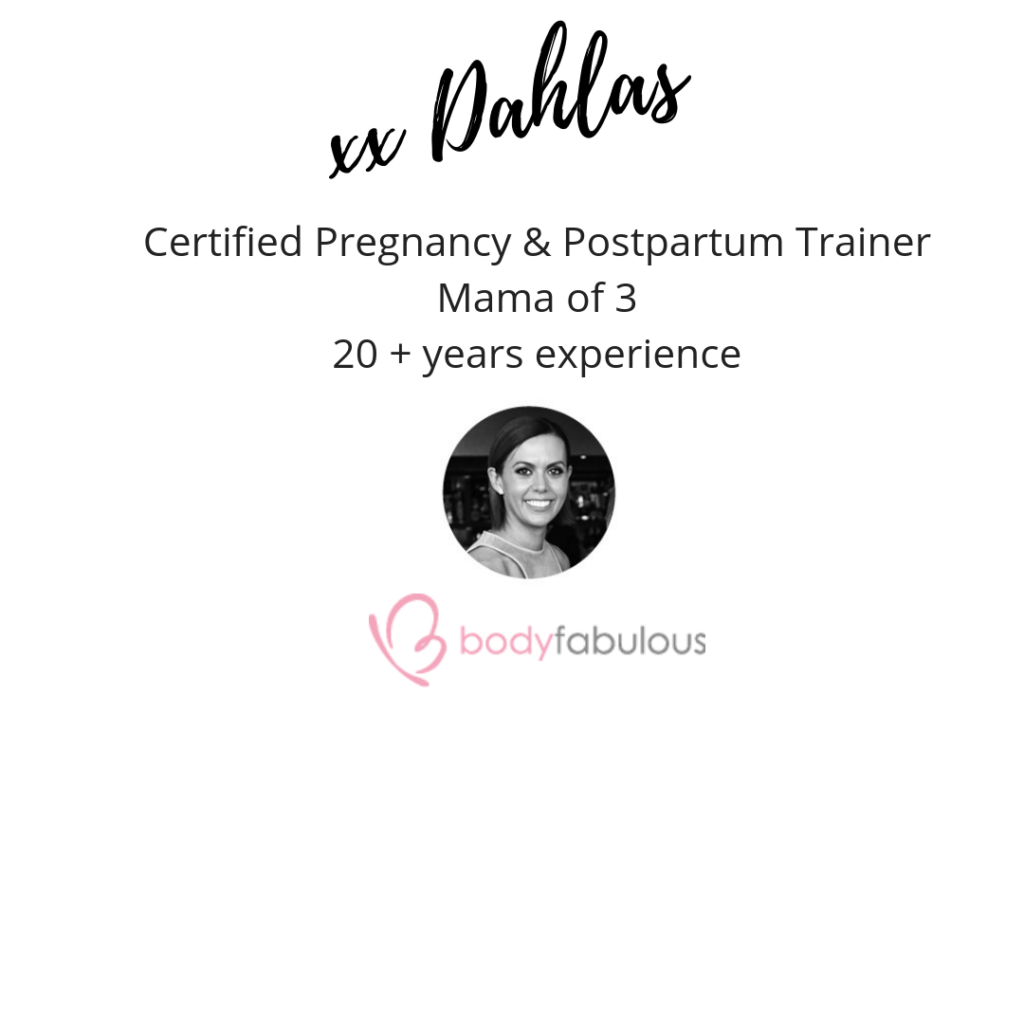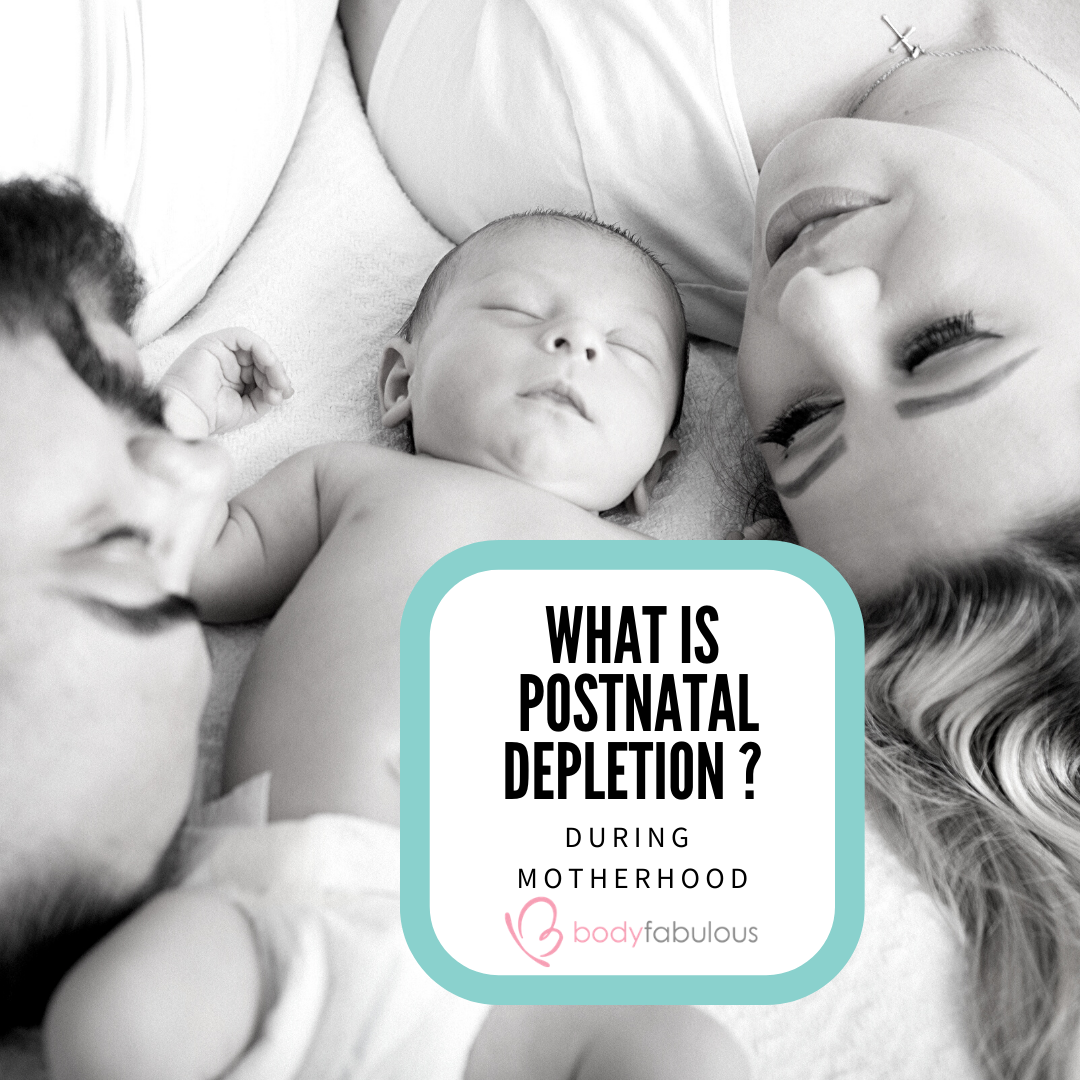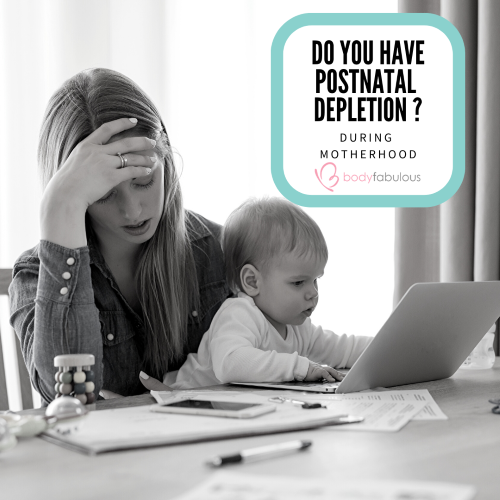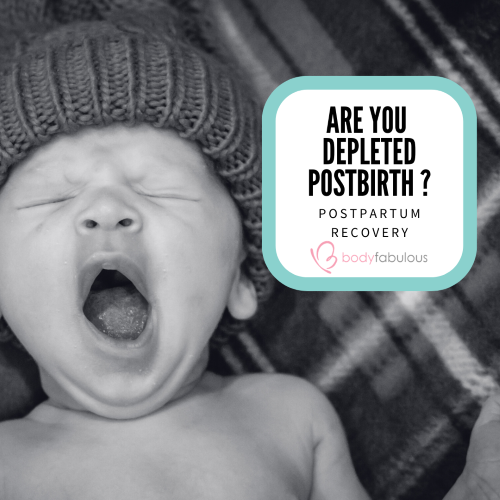Unfortunately when women enter motherhood it has become the new normal that experiencing symptoms of fatigue, exhaustion and stress are just part of the new mama package. But postnatal depletion is real – it is a syndrome of accumulated issues including deep fatigue, hyper-vigilance, and overwhelm.
After birth many women are focused on the newborn phase or the first 6 weeks after having a baby – as this is an very intense time ! I like to call it new mama boot camp…as you are pretty much thrown into survival mode. Postnatal depletion does not just strike in this phase it can occur anytime throughout the long runway that motherhood is !
What is Postnatal Depletion ?
As what is not often considered is the long term impact on women’s health beyond just the first 6 weeks postpartum. Postnatal depletion is not caused just by the process of giving birth, a recovering body and trying to breastfeed but also from the cumulative affect of the ongoing stresses of modern parenthood.
As Georgia Marrion, Nutritionist and Women’s Fertility Specialist describes – “This depletion can lead to poor immune function, poor gut health, hormonal imbalances and ongoing elevated stress…for years after giving birth.”
Learn more in the video below with Georgia Marrion about how you can address these imbalances and some of the deeper causes of postnatal depletion.
It’s different to Postnatal Depression
Please be aware that postnatal depletion is different to postnatal depression however both conditions can come some overlap.
As Georgia mentions in the video above, the key difference with postnatal depression (compared to depletion) is that things that used to give you joy no longer do. It is an ongoing feeling of lack of joy for the things that usually light you up.
Please also check here for other symptoms of Postnatal Depression.
Contact your medical practitioner or contact PANDA if any of these symptoms resonate with you.
It takes a village…
But where is the village ? As a society we are pretty bad at supporting the parents of young children. The focus is often on the first year of a child’s life when most parents take leave from their careers and it seems appropriate to put the needs of the baby above all else. However, when that time is over and the “other layers” start to return to life including jobs, school, more babies etc there is a snowball effect of lack of sleep and stress plus the incredible pressure to settle back into a career or life where you “perform your best”.
2011 Research showed that only 22% of Australian Mothers considered themselves to be “happy” and a quarter of women surveyed said they felt “trapped by their lives” and that motherhood is a “thankless job’.
Postnatal Depletion – the leaky bucket
Remember we are all different so postnatal depletion will present and will feel somewhat different from one woman to another (and occur at times during motherhood).
An analogy that Georgia uses, is to think of your body like a bucket for of water and each stress factor becomes a hole in the bucket.
“You can patch the holes but when the holes (or stress factors including physical, emotional, hormonal and environmental triggers) are coming quicker than you can fix them – this is when postnatal depletion strikes.”
This is also why postnatal depletion can occur many years after women have children, not just in the first 12 months. It starts out as a drip then becomes a big hole in the bucket !
The first step is personal awareness and identifying where you are “out of balance”. It’s ok not to be ok and it is important not to “push through” the signs your body is giving you. It is also incredibly important not to deplete yourself further with overexercising or exhausting workouts learn more here why this can also hinder fat loss post birth.
Reach out in my Facebook Community called #BFABSQUAD and share your thoughts or experiences with Postnatal Depletion
Grab this complimentary Pregnancy and Postpartum Nutrition Guide so you can improve awareness where you may be undernourished a major contributor to depletion.
Addressing relevant imbalances can be the first steps to help improve other areas of the leaky depletion bucket – nutrition, sleep and connection are a great place to start !


About Dahlas
Dahlas Fletcher is one of Australia’s most respected and successful certified and experienced Pregnancy and Female Fitness Trainers. Her goal is to help you be the happiest, most fabulous version of yourself, inside and out.





